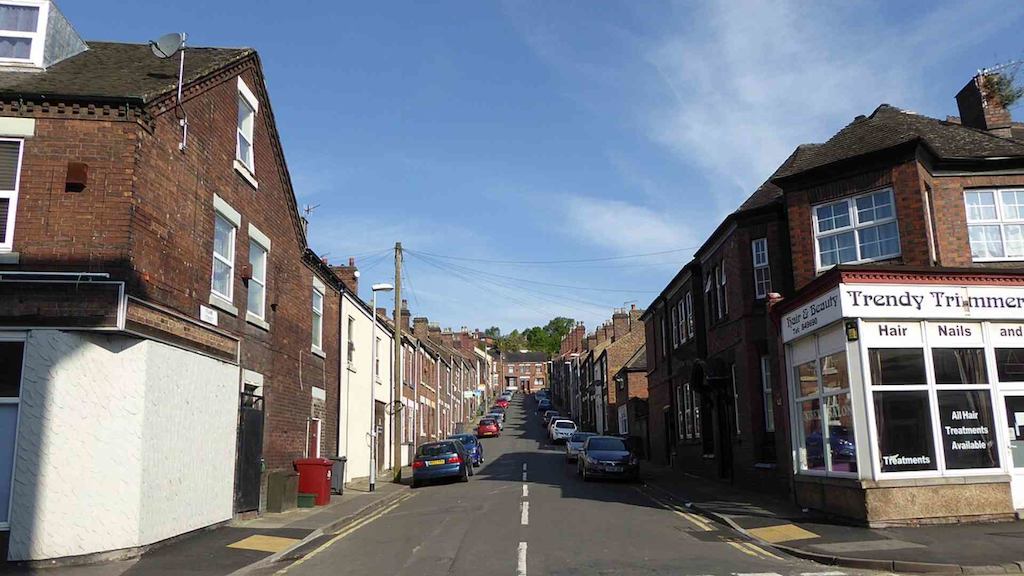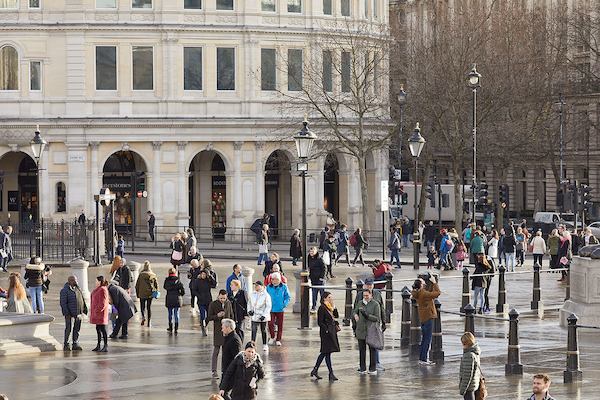I’m aware that older workers face substantial hurdles when seeking employment or transitioning into new careers. From my early 50s until my election to Parliament, I probably applied for over 100 jobs. Unfortunately, employers perceived me as being overqualified, or as someone who might not be comfortable working for younger managers.
There’s certainly a bias against older people in recruitment. Older people are frequently assumed to be less digitally proficient or more likely to face health issues. These stereotypes are even more prevalent towards older women, a sign that there is a significant gender disparity in attitudes towards ageing. In many professions, women seem to become largely invisible at an earlier age than men. We need to fundamentally transform these perceptions of older applicants and recognise their potential and contributions.
Appointing a Commissioner for Older People and Ageing for England, which the Centre for Ageing Better is calling for, would be a great step in this direction. In less than 20 years, one in four people in this country will be aged 65 or older.
With the state pension age continuing to rise and the ongoing digital revolution reshaping the labour landscape, the importance of reskilling and providing employment support for older workers is becoming increasingly vital. I would like to see greater effort made to support olderpreneurs (older entrepreneurs).


